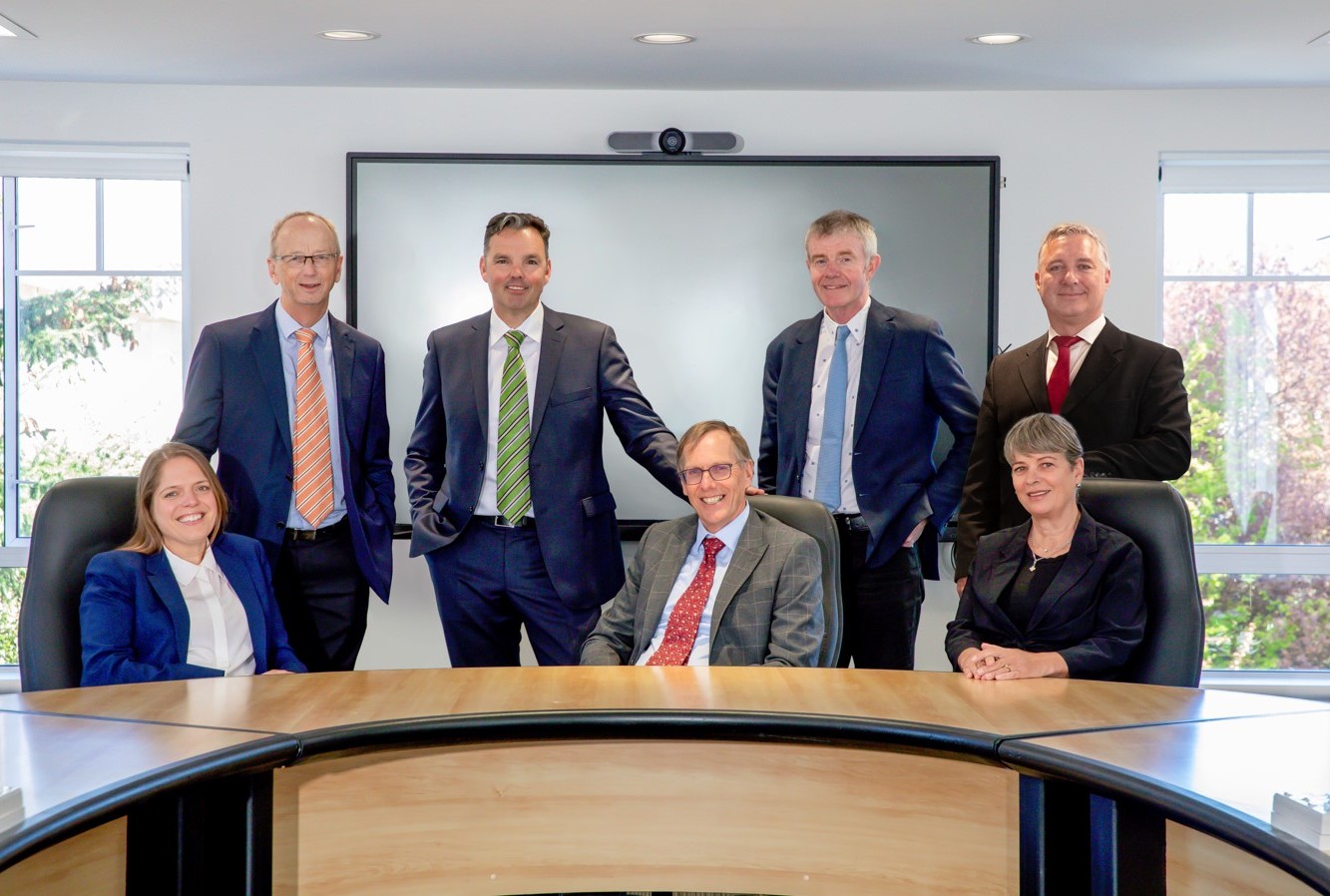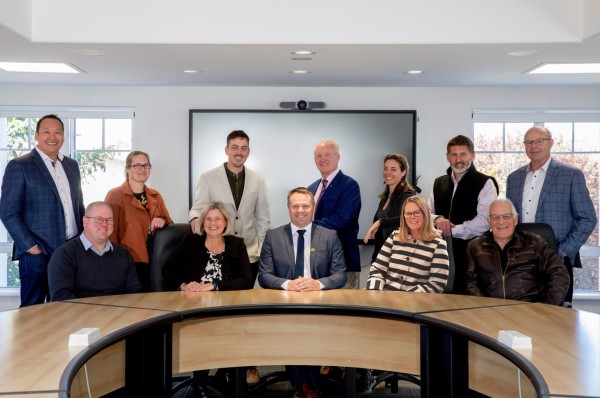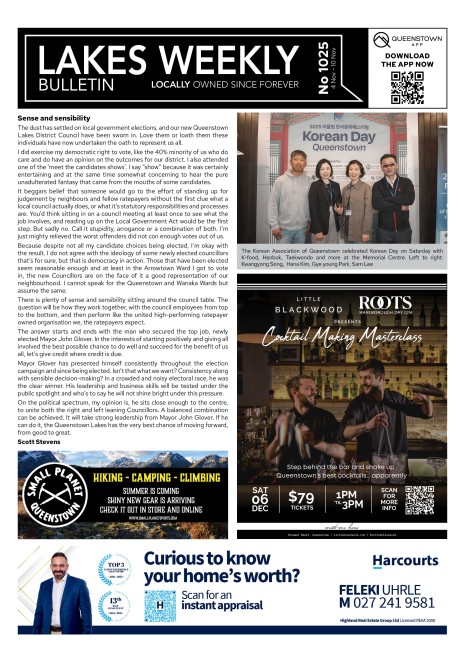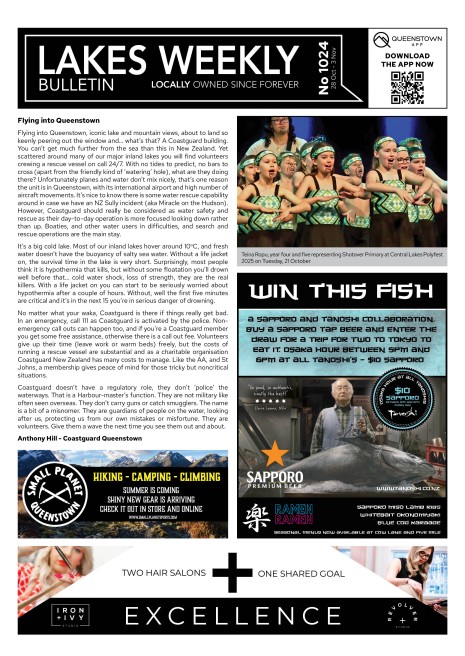Queenstowners slam council performance

Queenstown Lakes residents are generally happy with life but their faith in the district council is at rock bottom.
Results from Queenstown Lakes sixth annual Quality of Life Survey show almost three quarters of respondents (72%) say they have good or extremely good quality of life.
Residents also have high ratings of pride in the district, and high satisfaction with community facilities and community safety.
But Queenstown Lakes District Council's performance once again took a battering.
Satisfaction with elected councillors hit an all time low, with only 15% of residents happy with how they're doing, down from 19% the previous year.
Overall council performance was also under the gun, with only 15% satisfaction rate, down from 20%, and only 10% believe QLDC is adequately prepared for the future.
A record average rates rise of 14.2%, massive disruption from downtown roadworks and streetscape projects, budget blowouts on Lakeview infrastructure and the arterial road, the crypto bug debacle, and anger over parking space reductions have all likely contributed to the decline.
Residents are also dissatisfied with public transport, with only 12% believing it meets their needs, although Otago Regional Council manages that, rather than QLDC.

QLDC's elected councillors, led by Queenstown Mayor Glyn Lewers (centre)
Queenstown Lakes mayor Glyn Lewers says it's "no surprise some people are feeling challenged" after a tough few years for the district and NZ.
"We’ve had multiples crises, infrastructure delays and significant project cost increases, and ballooning costs of living that are hitting many people hard," he says.
"I think it’s a mark of frustration based on longer commutes, traffic cones, public transport issues and affordability, not to mention the national and global challenges we face.”
Lewers says the results of the council-commissioned survey reinforce the work that they need to do.
"I want to be clear that Council is listening and hearing these concerns. We have very much been in a delivery phase but are moving to an even greater focus on community and on service,” he says.
“Whether it’s the hundreds, if not thousands, of interactions between elected members, staff and community members that happen every day, the facilities we provide such as playgrounds and walking tracks, or essential services like animal control, waste management, or resource consenting; it’s all valuable feedback and allows us to keep focusing on improving."
The Quality of Life Survey received 1,767 responses from residents and 749 responses from non-residents. It was open from 16 October – 19 November 2023.
While 21% of residents thought their general quality of life had improved over the last 12 months, 31% responded that it had decreased. The cost of living challenge in New Zealand was reported as a major contributory factor in declining quality of life sentiment, with 61% citing it as the main reason.
Other key issues influencing residents’ wellbeing include housing insecurity and deficits in transport and health infrastructure. Those are not the direct responsibility of QLDC, although it advocates on residents' behalf.
The environment also continues to be an increasing concern for residents and QLDC launched a new climate action website, climateaction.qldc.govt.nz, to update residents on its work in this area.
Key results at a glance:
72% report good or extremely good quality of life
71% report mostly good or excellent ratings of physical wellbeing
61% report mostly good or excellent ratings for mental wellbeing
75% of residents are satisfied with the range of community facilities (84% of non-residents were also satisfied with the range of community facilities in the district)
63% of residents agree or strongly agree that they feel a sense of pride in the district
21% worry about having a steady place to live in the future
15% are unable to always heat their home adequately, with cost reported as the main reason
30% report having a sufficient level of disposable income, with 21% unable to cover expenses or without any disposable income
45% agreed there was a long-term career path for them in the district, while 24% disagreed
39% report no barriers to accessing medical professionals
34% are satisfied with the celebration of tangata whenua and Māori culture
91% rated their neighbourhood as safe for themselves and their families, while 66% said they lived in a welcoming community
15% are satisfied with elected members,10% with council’s preparedness for the future, and 15% with overall council performance. More residents satisfied than dissatisfied with the information they receive and opportunities to have their say
12% of residents believe public transport meets the needs of residents









